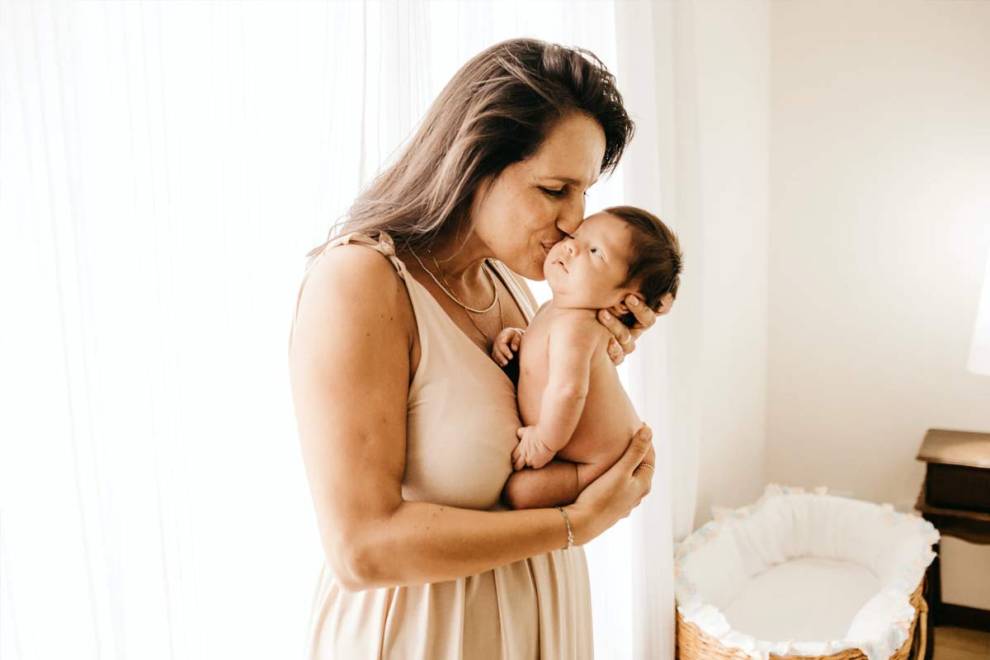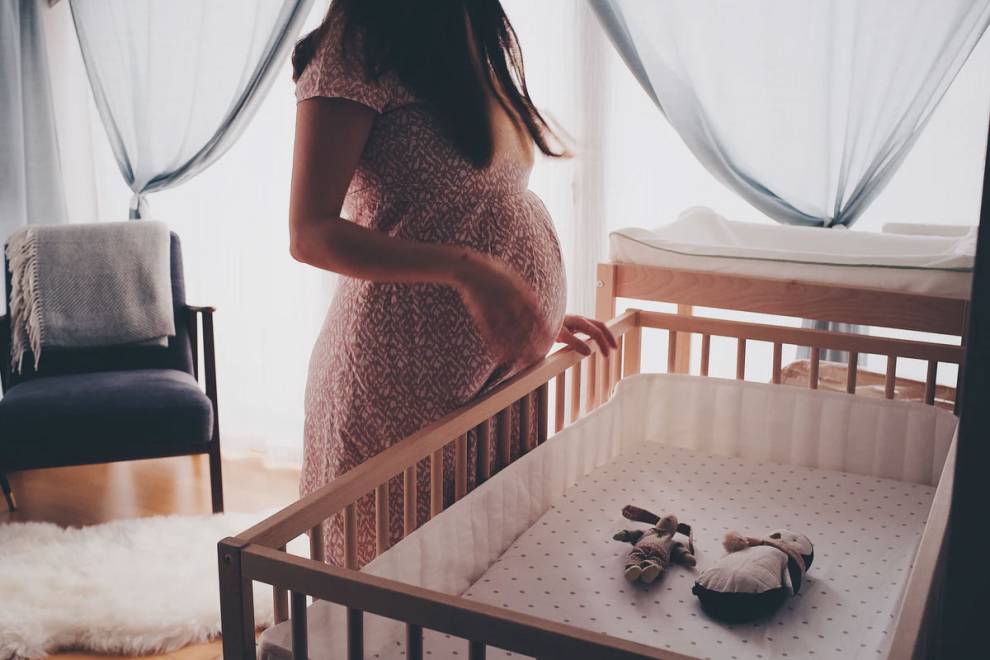All about diarrhea: Get the scoop on watery poop in babies and toddlers.

Mommyhood101 independently tests and curates baby gear to help you make informed decisions. If you buy products through links on our site, we may earn a commission.
Most babies will have diarrhea, or loose watery stools, at some point during the first 6-12 months of life. We consider how to recognize diarrhea, when you should be concerned about it, and what do to.
How to Know if your Baby has Diarrhea
These are tough questions because every baby's poop looks a little bit different to begin with, and varies more or less on a daily or weekly basis. The best way to tell whether your baby has diarrhea is to check whether the poop is all of a sudden much more watery than usual - if it is, your baby probably has diarrhea.
Of course, changing your baby's diet, or dramatically changing a breastfeeding mother's diet, can lead to changes in the baby's poop that will often go away with time once your baby's tummy adjusts to the new foods.

To the right is a picture of baby diarrhea to give you an idea of how watery it actually is. Of course, diarrhea for your baby may look very different from this, but the picture should give you an idea of what it might look like.
Is baby diarrhea dangerous?
In the vast majority of cases, diarrhea in infants is not dangerous. However, one of the biggest risks of multiple diarrhea episodes is dehydration - your baby loses a lot of fluids when he or she has diarrhea and it is very important to give your baby enough breastmilk, formula, or watery foods (if your baby is eating solid foods) to compensate for the diarrhea.
What causes baby diarrhea?
There are a number of things that can cause your baby to have diarrhea, and only your doctor can rule out each possibility. Some of the more common causes of baby diarrhea are bacterial infection (such as salmonella, staph, or E. coli), viral infection (such as the flu, rotovirus, adenovirus, calcivirus, or astrovirus), parasites (such as giardia), a course of antibiotics, too much juice (high fructose consumption can cause diarrhea), a food allergy or intolerance (such as to milk proteins, eggs, peanuts, soy, wheat, or fish), or in severe cases a poisoning. If you suspect that your baby has been poisoned by swallowing some sort of medication, chemical or plant, call the Poison Control Center immediately (1-800-222-1222) or call 911.
The best way to know what is causing your baby to have diarrhea is to call and speak to your doctor. There are a number of tests your doctor can do to figure out what is causing the diarrhea.
Treatments for baby diarrhea: How can I treat my baby's diarrhea?
First, you should make sure your baby is getting enough fluids, whether from breast milk, formula or watery baby foods. If your baby will not drink or eat, or cannot hold the food down due to vomiting, call your doctor. Your doctor might suggest a pediatric electrolyte solution such as Pedialyte.
Second, try to stick to your baby's regular eating schedule and diet, with the addition to more fluids. Making sure your baby gets the nutrition he or she needs during diarrhea can help them get over the bout of diarrhea even faster.
Third, try to keep your baby comfortable, giving them a lot of love and attention. Also be sure to use some diaper rash ointment (we suggest A&D and/or Desitin) and change their diapers frequently to avoid a severe case of diaper rash.
What should I avoid giving my baby when he or she has diarrhea?
Do not give any anti-diarrhea medications (or any medications at all) to your baby without first asking and getting the permission of your child's doctor. These medications can be very dangerous for babies and children.
Do not give your baby any sweetened beverages such as soda, athletic drinks, pure fruit juices, Jell-O, or sugar water.
Should I call my doctor about baby diarrhea?
Yes. You should always let your doctor know if your baby has diarrhea, especially if your baby is under 3 months old. It is also very important to monitor for other signs of illness such as throwing up (vomiting, puking), not peeing, having blood in poop or black poop, or showing signs of a fever.










